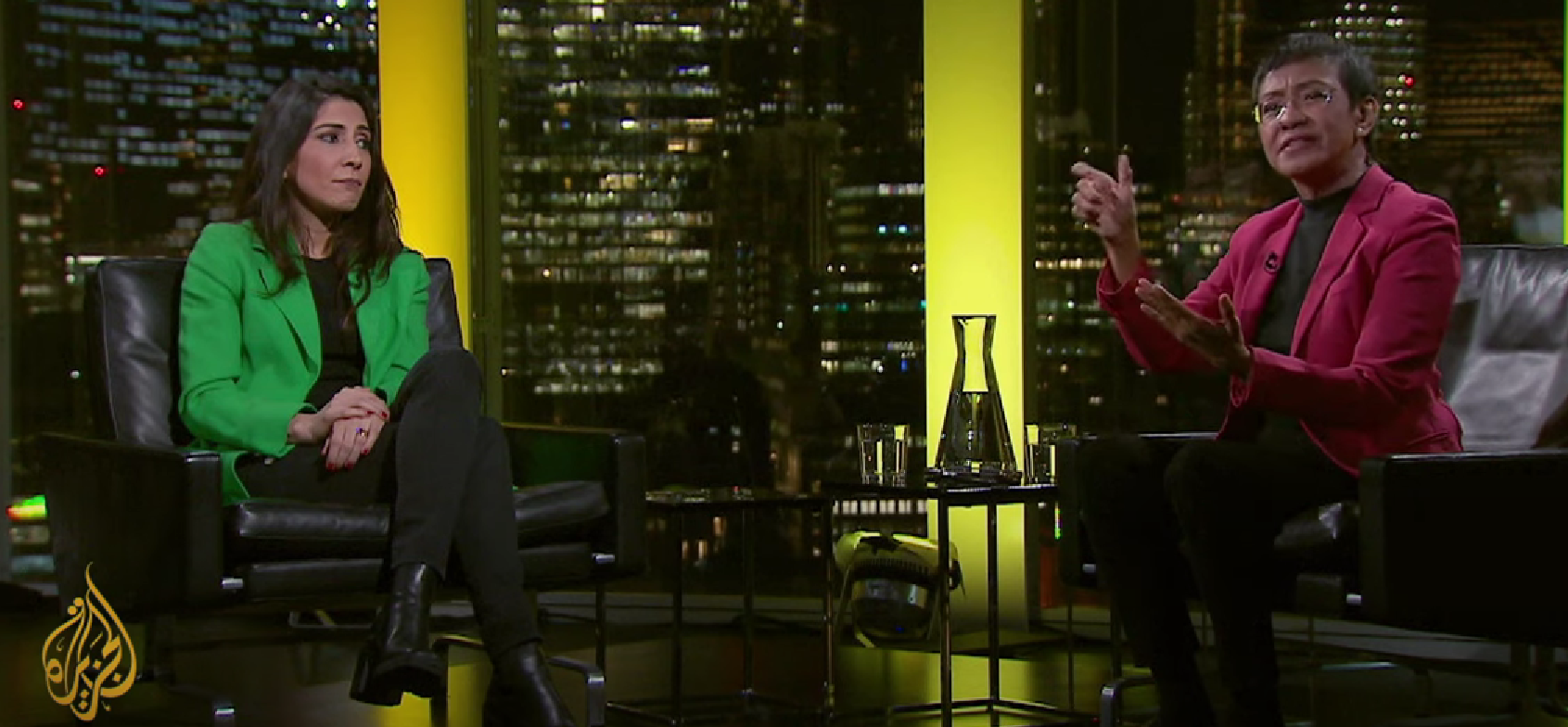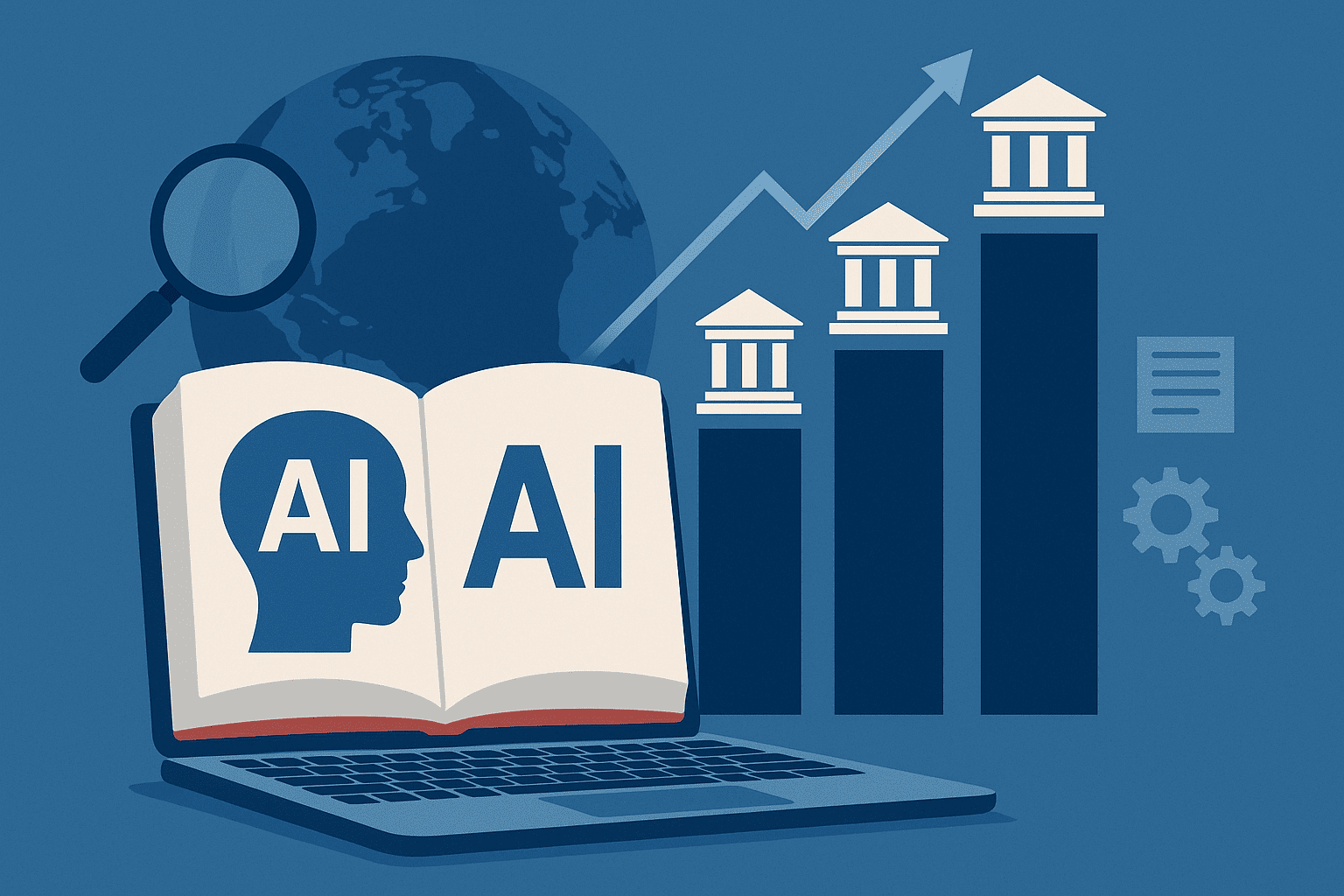In a world rapidly advancing through artificial intelligence (AI), the ethical and social implications of this technological boom are under intense scrutiny, particularly in the Global South.
Nobel Peace Prize laureate Maria Ressa, alongside Urvashi Aneja of the Digital Futures Lab, shed light on the deep and often overlooked impact of AI on these communities in an Aljazeera English talk earlier this month. Their insights revealed a complex interplay of benefits and burdens, challenging the narrative of AI as an unequivocal force for good.
Ressa, a journalist who has faced significant personal risk in her pursuit of truth, emphasized the critical role of AI in shaping societal dynamics.
“I saw firsthand the dangers of tech and its threat to democracy,” said Ressa, highlighting the design flaws of social media systems that “prioritize the spread of lies laced with anger and hate.” This critique extends beyond the digital realm, touching on the real-world consequences of technological advancement without adequate safeguards.
The conversation between Ressa and Aneja brought to the forefront the notion that AI, while a potential catalyst for development, poses significant risks when deployed without consideration for local contexts.
Aneja pointed out: “These technologies, or what we’re calling AI, is designed without a sense of what the sociopolitical context in these countries looks like.”
This disconnect raises concerns about the applicability and inclusiveness of AI solutions, especially in regions where access to basic necessities and formal employment is limited.
The exploitation of labor in the Global South is another critical issue highlighted by the dialogue.
“The reason that we’re able to see so much progress with machine learning is because it is predicated on the exploitation of labor somewhere else,” Aneja remarked.
This exploitation is not just a byproduct of AI development but a foundational element of its current trajectory, raising ethical questions about the sustainability and fairness of the global AI ecosystem.
Moreover, the environmental cost of AI is a growing concern, with Ressa and Aneja discussing the significant energy consumption and its implications for climate change. This aspect of AI development underscores the need for a holistic approach to technology policy, one that considers the environmental footprint alongside the social and economic impacts.
In their exploration of these complex issues, Ressa and Aneja advocate for a reevaluation of the global approach to AI, urging countries in the Global South to forge their own paths rather than merely “catching up with the North.” This involves critically assessing the applicability of AI technologies to local needs and ensuring that development does not come at the expense of human rights, labor, and environmental sustainability.
The insights shared by Ressa and Aneja paint a nuanced picture of the AI landscape, one that requires careful consideration of the ethical, social and environmental dimensions of technological advancement. As AI continues to reshape societies around the world, the dialogue underscores the importance of inclusive and equitable policies that prioritize the well-being of all communities, particularly those in the Global South.
Featured image: Credit: Aljazeera English






